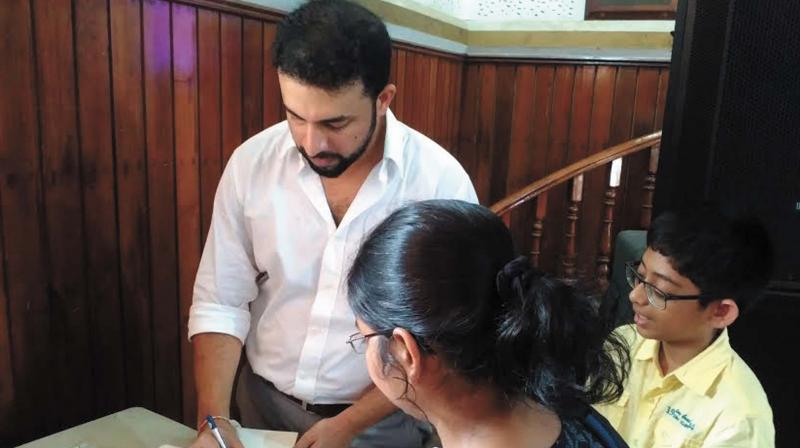Thiruvananthapuram: Milk man of India, Calicut Parsis and World War
During World War, he joined the Army and never returned like 87,000 other Indians.;

Thiruvananthapuram: Verghese Kurien, father of the white revolution and founder of Amul, may have ended up in a grave as an unknown soldier had his mother not secretly shredded the selection letter he received from the British Indian Army during World War II.
Three months before Kurien’s death in 2012, award winning writer Raghu Karnad met him for penning the Farthest Field, an account of Indian soldiers in World War II, with his great uncle Godrej Bobby Mugaseth as protagonist.
Bobby belonged to a Parsi family that lived in Calicut. During World War, he joined the Army and never returned like 87,000 other Indians. Kurien, a native of Kozhikode, was a college mate of Bobby at the College of Engineering, Guindy, Chennai.
Kurien, who had then turned 95, helped connect the missing dots in Bobby’s life as if he was waiting to pass on this piece of history to Karnad. The author was speaking at an interaction as part of the Kovalam literary festival.
While the book fetched him laurels, Karnad is more than happy that his war story speaks about 50 members of the Parsi group in Kozhikode, which has now shrunk to five.
“I was always asked why I didn’t write from the perspective of the soldiers from martial clans like Sikhs. Why Malayalam speaking Parsis? Well, I can write any part of modern Indian armed history with Sikhs or Jats as protagonists. World War was different,” he said.
“This was the first time when men from all of India started joining an army, not just the people from North India. Men from Kerala and Tamil Nadu started volunteering to join the army making it the biggest volunteer army in history,” added Karnad who has extensively interviewed people and studied the unit diaries of the army at the time of war.
Karnad's great uncle Bobby’s grandfather Dhanjiboy had arrived in Malabar in 1850. He had built Malabar’s first steam-powered sawmill that helped turn it into one of the busiest timber yards under the British empire.

